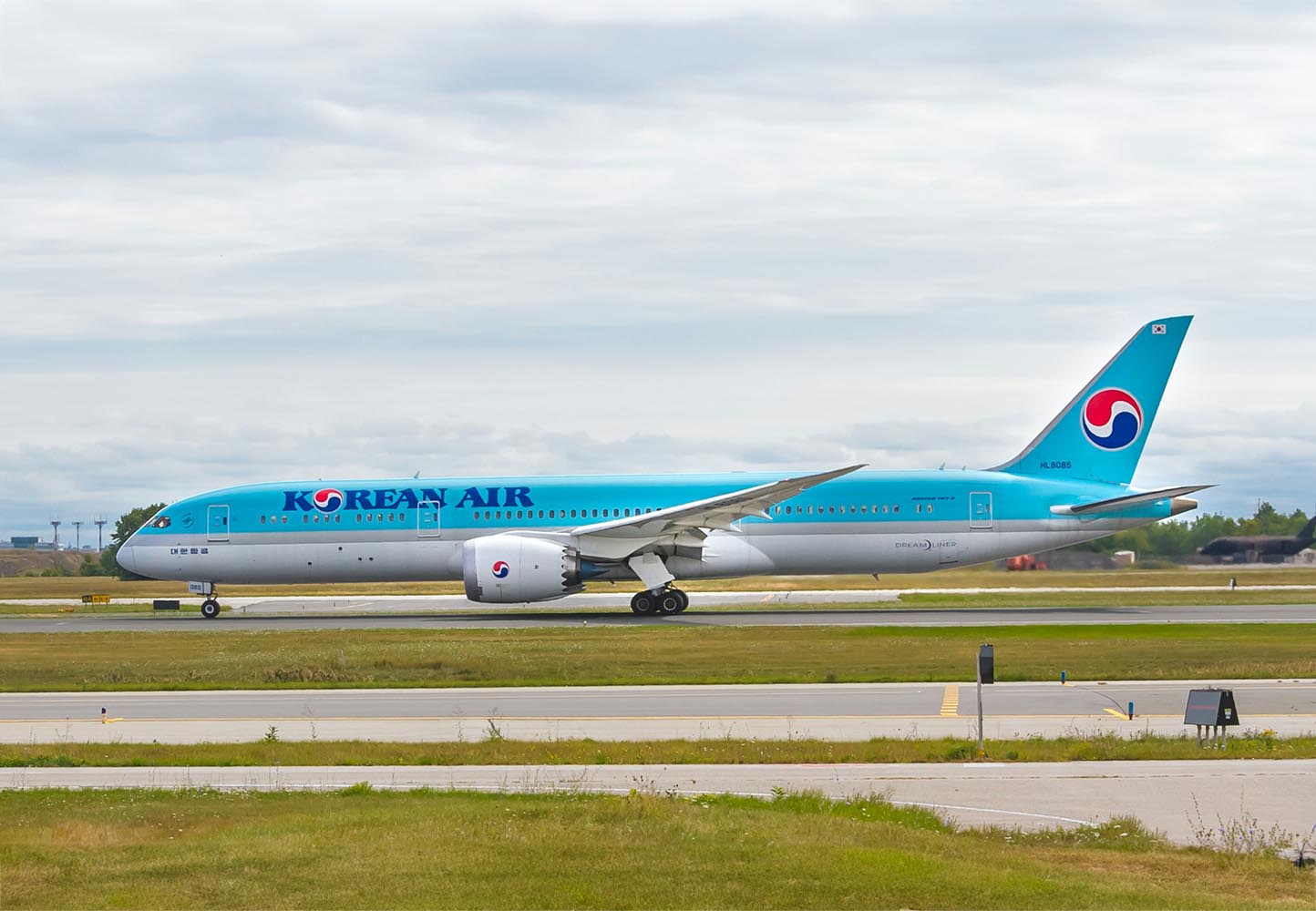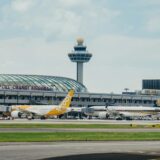
South Korea mandates SAF for international flights starting 2027
South Korea has announced that starting in 2027, all international flights departing from the country will be required to blend at least 1% sustainable aviation fuel (SAF) in their jet fuels. This initiative, spearheaded by the Ministry of Trade, Industry, and Energy, in collaboration with the Ministry of Land, Infrastructure, and Transport, is part of the nation’s broader strategy to significantly reduce carbon emissions from the aviation sector.
SAF, which is produced from biomass and captured carbon instead of fossil fuels, can cut carbon emissions by up to 80%, according to the International Air Transport Association (IATA). Its chemical similarity to conventional jet fuels allows it to be used in existing aircraft without modifications, making it a practical and eco-friendly alternative.
The new regulation aligns with the International Civil Aviation Organization’s (ICAO) Carbon Offsetting and Reduction Scheme for International Aviation (CORSIA), which will become mandatory for 193 member states in 2027. Under this scheme, airlines exceeding 85% of their 2019 carbon emissions will need to purchase carbon offsets.
South Korea’s aviation industry, which emitted 20 million tons of carbon in 2023, is expected to see a reduction of approximately 160,000 tons annually through the mandatory use of SAF, equivalent to the emissions of 53,000 vehicles each driving 12,000 kilometres.
To mitigate potential cost increases from the SAF mandate, the government plans to support airlines with incentives and introduce a new mileage policy to encourage greater use of SAF-powered flights.
Industry leaders, including S-Oil, are already taking steps to support this initiative. S-Oil has signed an agreement with Korean Air to supply SAF for regular flights between Incheon and Haneda, Japan, marking the first consistent use of locally produced SAF in South Korea. The company is also considering building a dedicated SAF production facility to meet the growing demand.
With this move, South Korea joins a growing list of countries committed to reducing aviation’s carbon footprint through SAF. The European Union, Singapore, India, and Japan have all announced similar mandates, underscoring the global shift towards greener aviation fuels.














